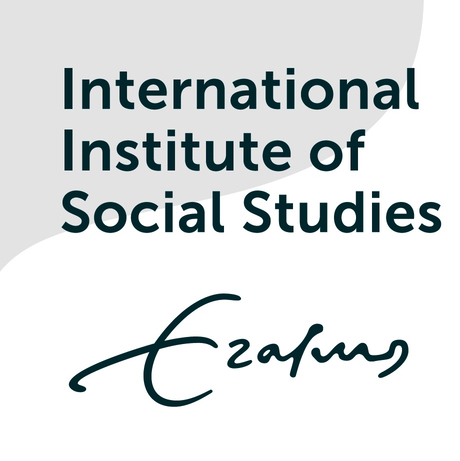The Future Agriculture
Focal point
Location
The Rise of the BRICS
The economic and political rise of the BRICS countries (Brazil, Russia, India, China and South Africa) has far-reaching implications for global agrarian transformation as key sites of production, circulation and consumption of agricultural commodities. They are hosts to abundant cheap labour and natural resources, and to growing numbers of affluent consumers at the same time. The five BRICS countries are working both separately, and increasingly together, to shape international development agendas, both as partners in and potential alternatives to the development paradigms promoted by the established hubs of global capital in the North Atlantic and by international financial institutions.
The BICAS Initiative
BICAS is a collective of largely BRICS-based or connected academic researchers concerned with understanding the BRICS countries and their implications for global agrarian transformations. Critical theoretical and empirical questions about the origins, character and significance of complex changes underway need to be investigated more systematically. In taking forward this research agenda, we are building on and intending to extend the focus of existing knowledge about the BRICS.
Members:
Resources
Displaying 6 - 10 of 10The neoliberal agricultural modernization model: A fundamental cause for large‐scale land acquisition and counter land reform policies in the Mekong region
Large-scale land acquisition are not new in the Mekong region but have been encouraged and have gathered momentum since the end of the 90s, particularly Cambodia, Laos, and Myanmar. These acquisitions are realized by national and foreign companies from the region, particularly China, Vietnam, and Thailand in a movement strongly associated with economic globalization and neo-liberal policies which promote free flow of capital at the regional and global level and the adaptation of national spaces to the requirement of liberal and global markets (Peemans, 2013).
Land concessions and rural youth in southern Laos
Scholars have produced valuable insights on the question of recent “land grabbing” in the global South. They have, however, insufficiently studied the issue from below, particularly from the point of view of a crucial group in the land conundrum: the rural youth. This paper brings to the fore the perspectives of Laotian rural youngsters amidst a hasty agrarian transition, in which the borisat (company) –in the form of large monoculture plantations– has permeated both the physical landscape and the daily narratives of people.
Allocation or appropriation? How spatial and temporal fragmentation of land allocation policies facilitates land grabbing in Northern Laos
The Lao Land and Forest Allocation Policy (LFAP) was intended to provide clearer property rights for swidden farmers living in mountainous areas. These lands are legally defined as “State” forests but are under various forms of customary tenure. The policy involves demarcating village territorial boundaries, ecological zoning of lands within village territories, and finally allocating a limited number of individual land parcels to specific households for farming.
Land deals in Laos: First insights from a new nationwide initiative to assess the quality of investments in land
In Laos land concessions have increased dramatically over the last decade. To provide a window into the concessions landscape, we conducted a nationwide inventory between 2007 and 2011. In response to an order by the Lao Government to its ministries, we developed a methodology to update the inventory and complement existing data with a systematic assessment of investment quality in 2014. We investigated aspects of compliance as well as impacts on livelihoods and the environment.
Authoritarian resource governance and emerging peasant resistance in the context of Sino-Vietnamese Tree Plantations, Southeastern Laos
Over the past decade, Laos has experienced a land rush by foreign investors seeking to gain large tracts of land for hydropower, mining, and plantation projects. The rapid pace of the phenomenon has prompted signif icant concern by international observers, Lao civil society, and certain sections of the government, regarding the impacts upon farmers that are dispossessed of their land and communal resources. However, both investors and peasant communities alike have differing experiences with the investment process.






